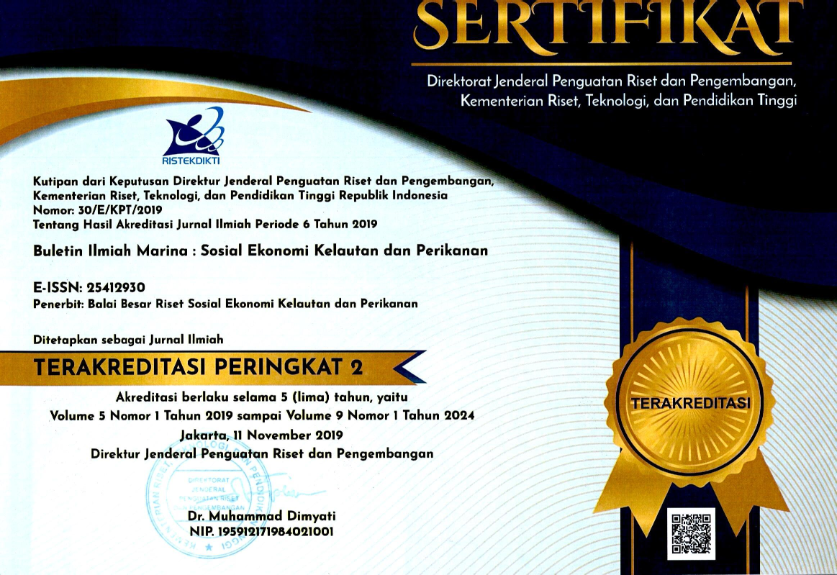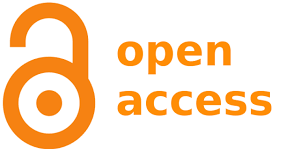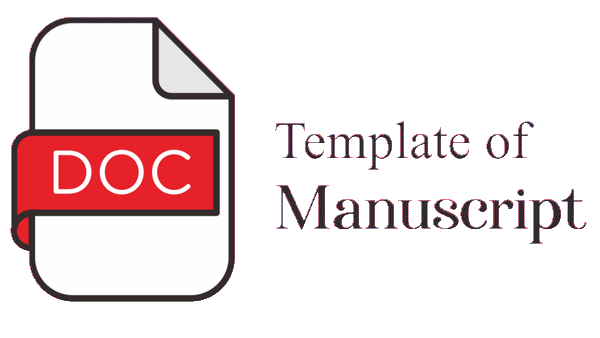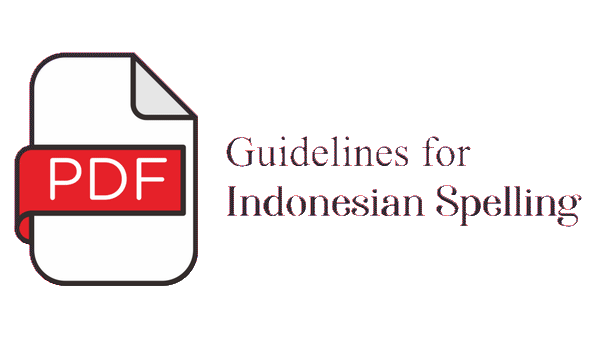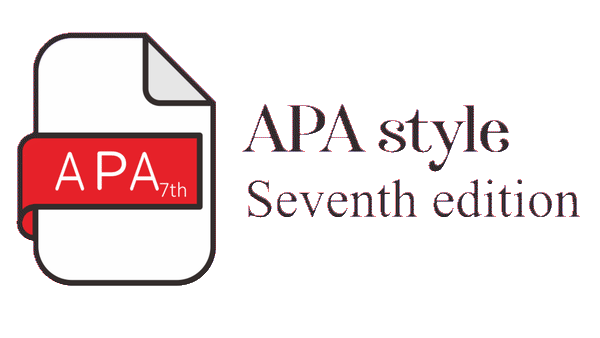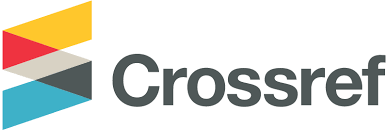PRAKTEK PENGELOLAAN PRODUKSI DAN KONSUMSI YANG BERKELANJUTAN PADA MASYARAKAT ADAT PESISIR MOI KELIM DI KAMPUNG MALAUMKARTA KABUPATEN SORONG PAPUA BARAT
Abstract
Masyarakat adat pesisir dipercaya memiliki kemampuan pengetahuan dan kearifan tradisional dalam pengelolaan produksi dan konsumsi sumber daya alam dan jasa lingkungan yang berkelanjutan. Sayangnya, masyarakat adat sekarang ini masih dianggap sebagai penghalang bagi pembangunan skala besar di kawasan pesisir. Akibatnya, konflik sering terjadi manakala kegiatan pembangunan dilakukan di kawasan ini. Pada akhirnya masyarakat adat seringkali dikorbankan demi untuk pembangunan, karena dianggap tidak memiliki manfaat lebih baik dibandingkan dengan nilai ekonomi yang diperoleh dari pembangunan. Salah satu penyebab adalah pemahaman para pengambil keputusan mengenai kemampuan masyarakat adat dalam mengelola secara berkelanjutan kawasan ini masih belum banyak. Penelitian ini membahas bagaimana praktek pengelolaan produksi dan konsumsi yang berkelanjutan dapat dijadikan sebagai argument untuk menempatkan masyarakat adat dalam posisi sejajar melalui pembangunan yang inklusif, adil dan berkelanjutan. Penelitian ini dilakukan pada masyarakat adat Moi Kelim di Kampung Malaumkarta, Kabupaten Sorong dengan metode survey lapang dan wawancara, serta Focus Group Discussion (FGD). Hasil penelitian menunjukkan kemampuan pengetahuan dan kearifan tradisional masyarakat pesisir yang mampu menghasilkan ketahanan pangan dan nilai ekonomi dari kegiatan produksi dan konsumsi yang berkelanjutan, seperti sasi, pengelolaan hutan dan lain-lain
Title: Sustainable Production Management and Consumption of Indigenous Coastal Community Moi Kelim at Malaumkarta Village, Sorong District, West Papua
Indigenous coastal community is believed to have traditional knowledge and wisdom in sustainable production management and resources consumption. On the contrary, they are considered a barrier to a large scale development in the coastal area, and it leads to conflict whenever government develop this area. In consequence, indigenous people are often to be sacrificed since they are considered to have less benefit compared to economic value of the development. This is due to policy makers’ perception that they have inadequate capacity to manage a sustainable territory. The study describes how production management and sustainable consumption could involve indigenous people on the same level through inclusive development. This study was conducted towards Moi Kelim community at Malaumkarta Village, Sorong Distric through field survey, interviews and focus group discussion. The findings further revealed how coastal community could deliver their traditional knowledge and wisdom into food security and economic value of sustainable production and consumption such as sasi, forest management, etc
Keywords
Full Text:
PDFReferences
Cobo, J.R.M. 1983. Final report (last part) submitted by the Special Rapporteur, Mr. José R. Martínez Cobo. New York: United Nations; 1983. Report No.: E/CN.4/Sub.2/21/Add.8.
Cheung, W.W.L, R. Watson, and D. Pauly. 2013. Signature of ocean warming in global fisheries catch. Nature 497: 365–368. Doi: 10.1038/nature12156 [PubMed].
Cisneros-Montemayor, A.M, D. Pauly, L.V.
Weatherdon, and Y. Ota (2016) A Global Estimate of Seafood Consumption by Coastal Indigenous Peoples. PLoS ONE 11(12): e0166681. https://doi.org/10.1371/journal.pone.0166681. (Tanggal Akses: 13 Mei 2018)
Crossland, C.J., H.H. Kremer, H.J. Lindeboom, J.I.M. Crossland, M.D.A. Le Tissier (Eds). 2005. Coastal Fluxes in the Anthropocene. The Land-Ocean Interactions in the Coastal Zone Project of the International Geosphere–Biosphere Programme. Springer, Berlin and Heidelberg.
Davey, L and A. Day. 2008. Reflections on methodology and process: a nonIndigenous perspective, in Day A, Nakata M and Howells K (eds), Anger and Indigenous men: understanding and responding to violent behaviour. Sydney: Federation Press: 151-157.
Davy, C., S. Harfield, A. McAthur, Z. Munn, and A. Brown. 2016. Access to Primary Care Services for Indigenous Peoples: A Framework Synthesis. International Journal for Equity in HealthThe official journal of the International Society for Equity in Health 15:163.
Henry, J., T. Dunbar, A. Arnott, M. Scrimgeour, L. Murakami-Gold. 2004. Indigenous research reform agenda: a review of the literature. Links Monograph Series: 5. Darwin: Cooperative Research Centre for Aboriginal and Tropical Health. http:// www.lowitja.org.au/sites/default/files/ docs/IRRA5LinksMonographs.pdf. (Diakses tanggal: 30 April 2018).
International Labour Organization (ILO). 2018. Who are the indigenous and tribal people http://www.ilo.org/global/topics/indigenous-tribal/WCMS_503321/lang--en/index.htm. (Diakses tanggal: 1 Juni 2018)
Jackson JBC. 2001. Historical Overfishing and the Recent Collapse of Coastal Ecosystems. Science. 293: 629–637. doi: 10.1126/science.1059199 [PubMed].
Kidman, J. 2007. Engaging with Māori communities: An exploration of some tensions in the mediation of social sciences research. Tihei Oreore Monograph Series. Auckland: Ngā Pae o te Māramatanga, University of Auckland. http://www.maramatanga. ac.nz/sites/default/files/TO%20 Kidman.pdf. (Diakses tanggal: 12 Juni 2018)
Morley, S. 2015. What works in effective Indigenous community-managed programs and organisations. Child Family Community Australia. Paper No. 32 2015. 14 Pp
McNiven I. Saltwater People: spiritscapes, maritime rituals and the archaeology of Australian indigenous seascapes. World Archaeol. 2004. 35:329–349. Doi: 10.1080/0043824042000185757
Nicholls R.J., S. Hanson, C. Herweijer, N. Patmore, S. Hallegatt, J. Corfee-Morlot, J. Chateau, R. Muir-Wood. 2007. Ranking port cities with high exposure and vulnerability to climate extremes—exposure estimates. OECD environmental working paper no. 1, Organisation for Economic Co-operation and Development (OECD), Paris.
Pauly D. 1998. Fishing Down Marine Food Webs. Science 279: 860–863. doi: 10.1126/science.279.5352.860[PubMed]
Sherwood, J. 2010. Do no harm: decolonising Aboriginal health research. PhD thesis, University of New South Wales.
Welker, G, 2016. Indigenous peoples Literature. http://www.indigenouspeople.net/. (Diakses tanggal: 12 Juni 2018)
Wittman, H. 2011. Food Sovereignty: A New Rights Framework for Food and Nature? Environ Soc Adv Res. 2011;2: 87–105. doi: 10.3167/ares.2011.020106.
Zeller, D., S. Booth, E. Pakhomov, W. Swartz, and D. Pauly. Arctic fisheries catches in Russia, USA, and Canada: baselines for neglected ecosystems. Polar Biol. 2011;34: 955–973. doi: 10.1007/s00300-010-0952-3.
DOI: http://dx.doi.org/10.15578/marina.v4i1.7329
Refbacks
- There are currently no refbacks.
Indexed by:
---------------------------------------------------------------------------------------
Published by
Balai Besar Riset Sosial Ekonomi Kelautan dan Perikanan
in collaboration with
Indonesian Marine and Fisheries Socio-Economics Research Network

This work is licensed under a Creative Commons Attribution-NonCommercial-ShareAlike 4.0 International License.

